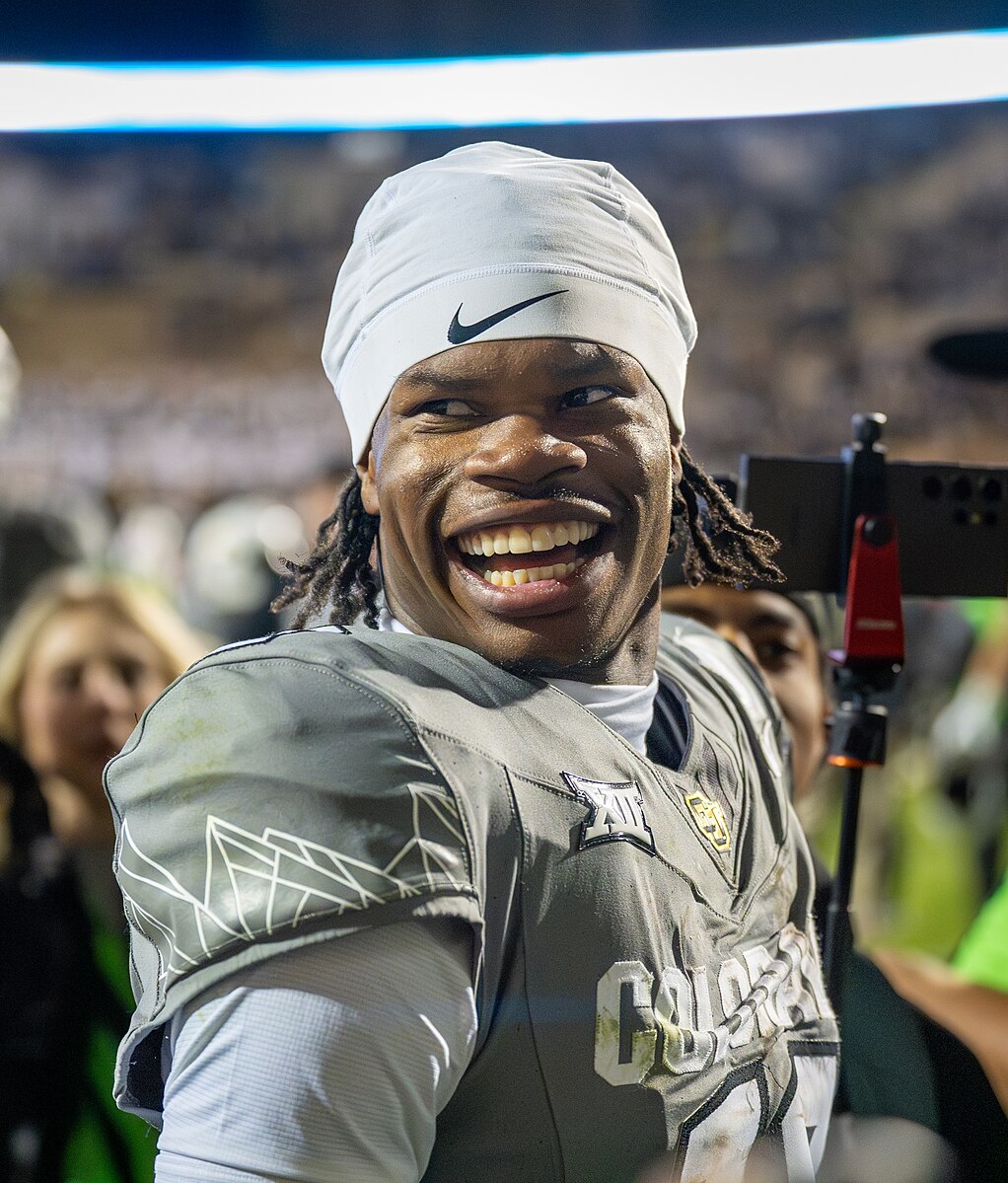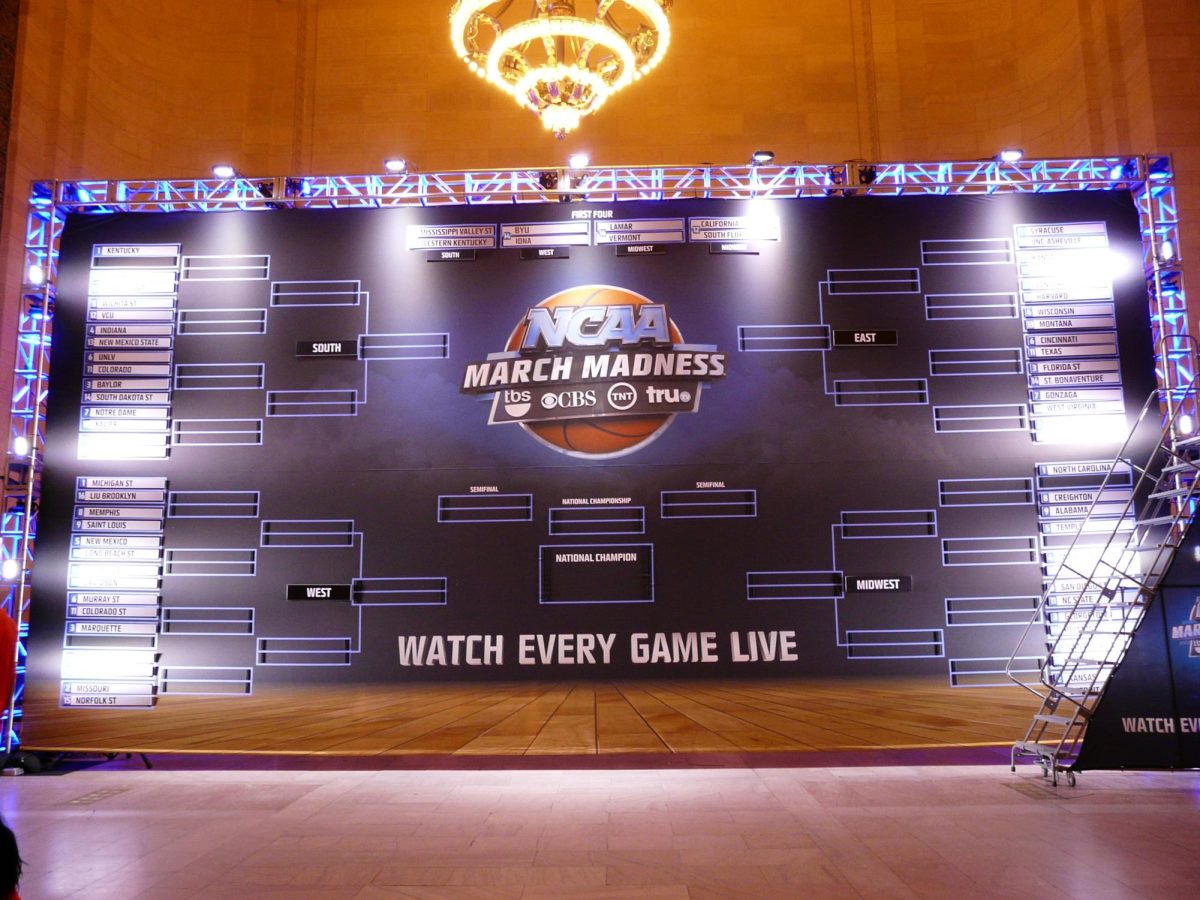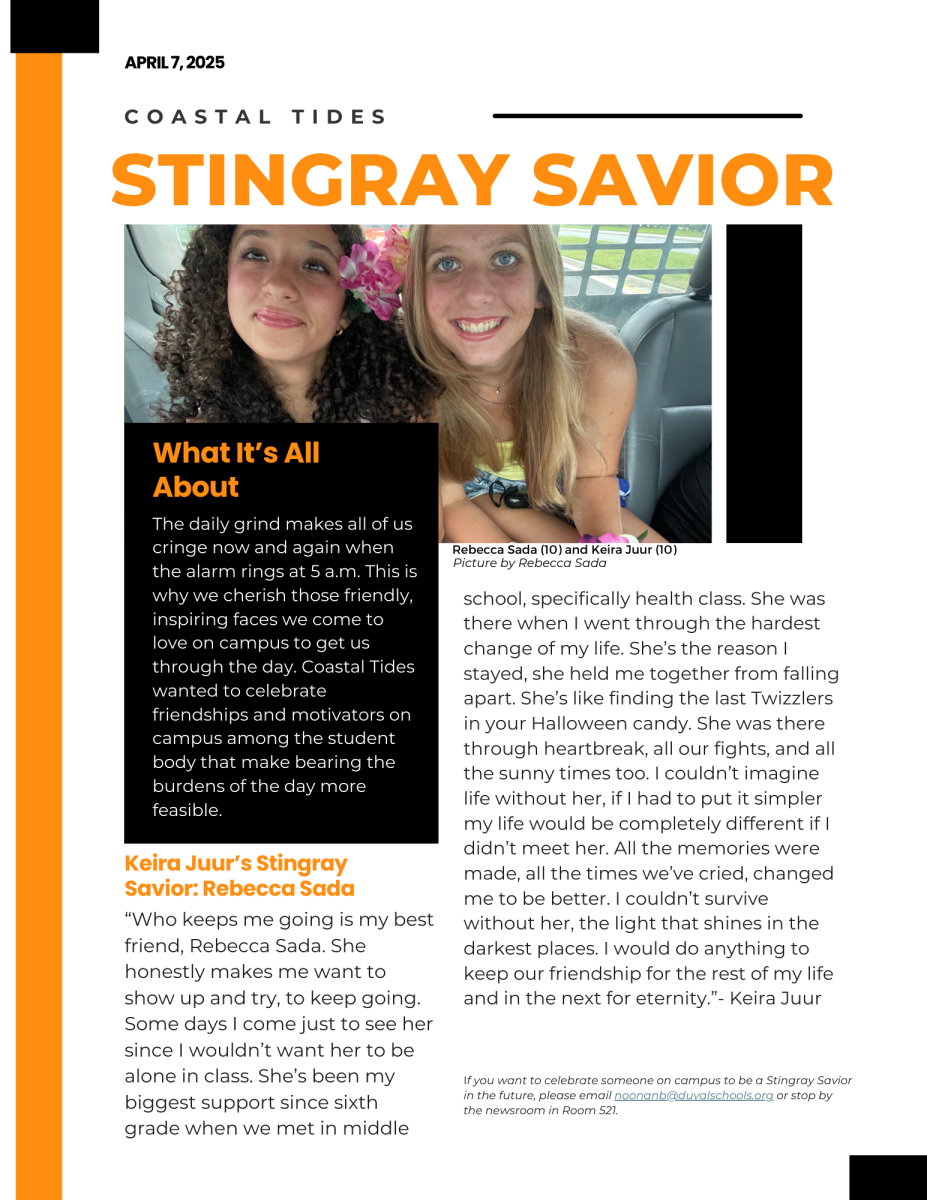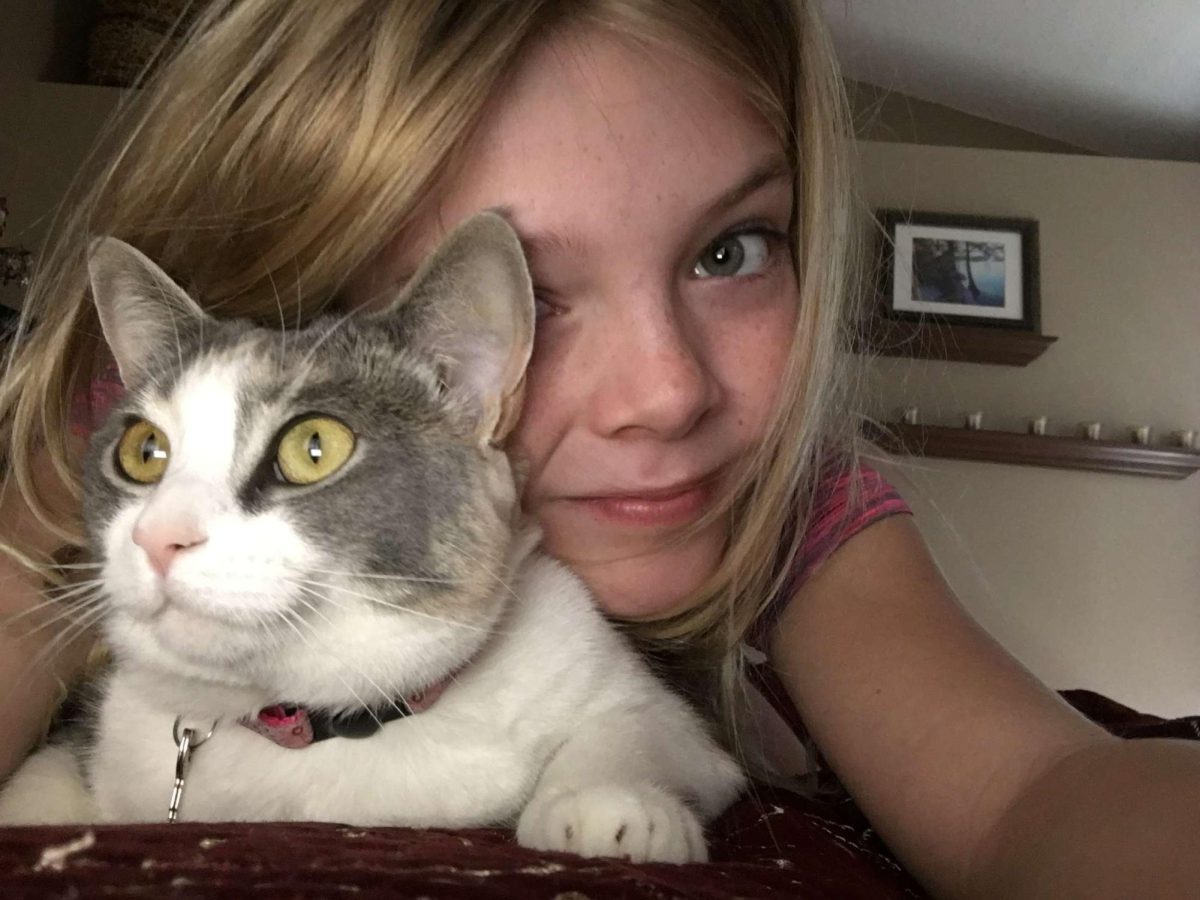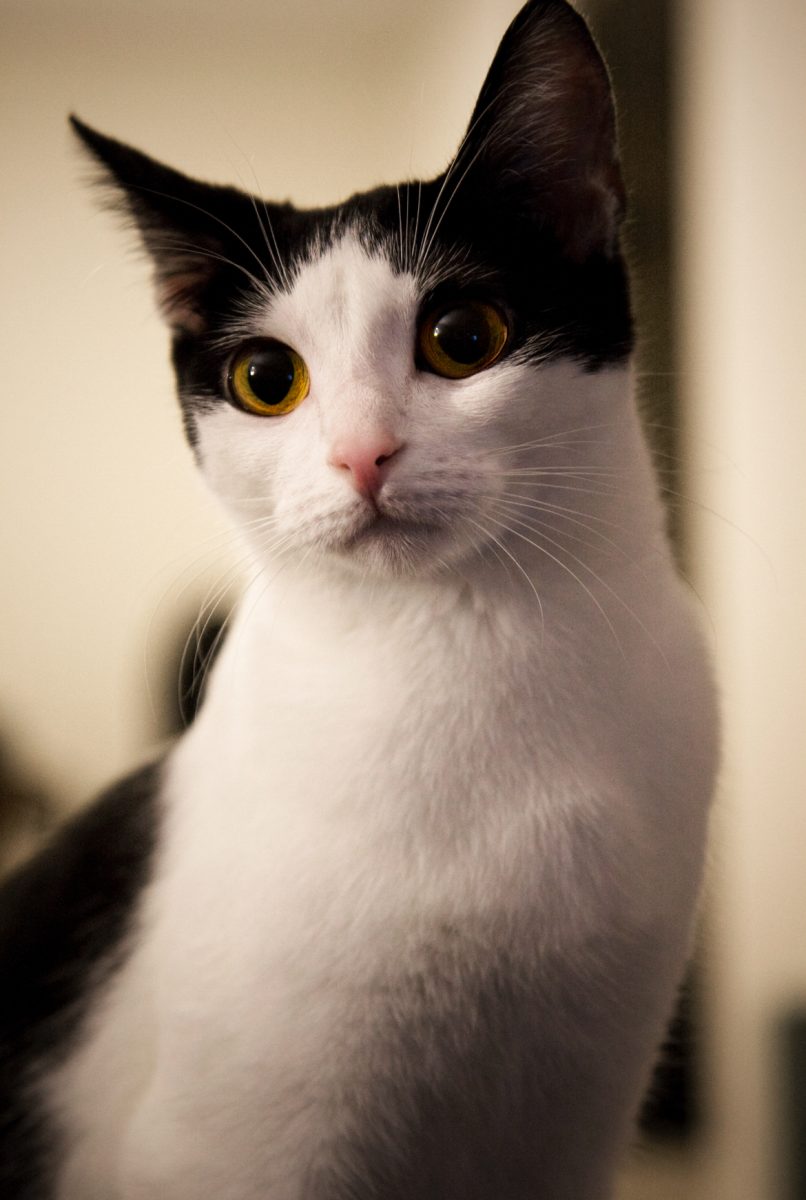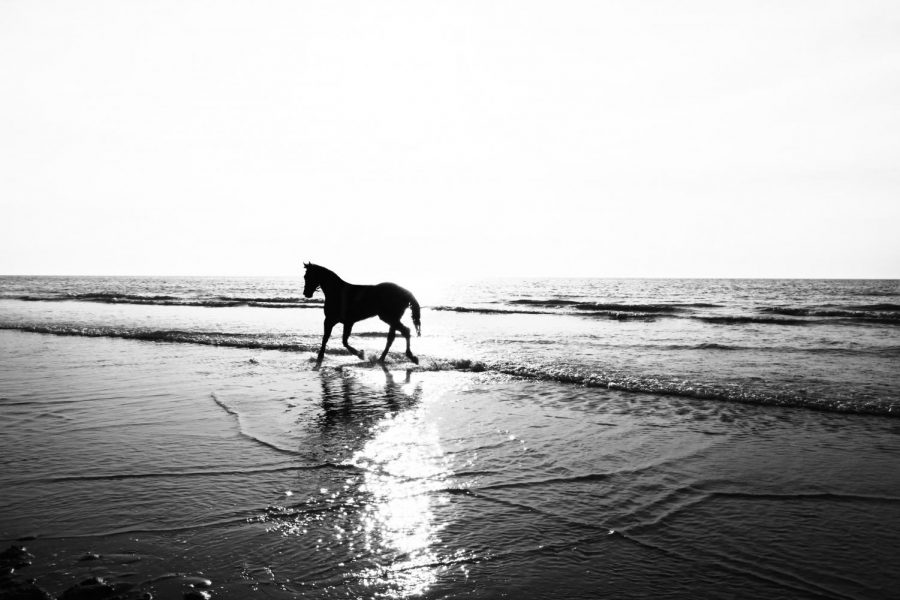As we ring in the new year, a timeless ritual unfolds. Just as surely as the ball drops at midnight, a familiar parade of fashion predictions storm the internet.
Bloggers, influencers, and trend forecasters descend upon social media platforms, ready to dictate what we should be wearing, buying, or styling in the months ahead.
The posts flood social media feeds—video after video, no matter where you scroll:
“2025 trend predictions!”
“What’s in and what’s out this year!”
“What trends we’re leaving behind!”
You are bombarded with “expert” opinions, celebrity endorsements, and meticulously curated influencer content, all asserting the trends you must follow.
“Alix Earle is bringing back skinny jeans this season!” one caption proudly declared.
With every post, you feel this invisible pressure, pulling you toward a collective style ideal that may not even resonate with you. The comment section explodes, a barrage of opinions that blend in fear and frustration:
“UGH, NOOO I HATE SKINNY JEANS!”
“Skinny jeans look so bad. I don’t wanna wear them.”
“Why are we doing this again?”
Like clockwork, a video pops up on the timeline showcasing the latest fashion move of the moment’s “It” girl. The video is simple—her strutting in tight, form-fitting denim, paired with a trendy top, a clear endorsement that this once-controversial style is making its return.
The intensity with which these comments are written gives the impression that people feel as if they’re being coerced into wearing skinny jeans by some uncontrollable outer power, which is a baffling overreaction, considering no one is, in fact, forcing anyone to wear anything.
Yet the emotional response is palpable.
The idea that the “right” way to be fashionable now comes in the form of a public mandate—whether it’s skinny jeans or bubble skirts. An influencer tries to sell, it creates an unspoken pressure, and magnifying that pressure to conform, to consume.
But here’s the kicker: there is no real demand or necessity for these commenters to wear the same jeans that the hottest influencer of the moment is promoting.
Nobody’s putting a gun to their head. No one is actually requiring them to make these choices. Yet, somehow, they feel trapped.
This anxiety, though, isn’t rooted in a personal desire to embrace or reject a trend—it’s rooted in something much deeper: the need to be accepted, to fit in. To be seen as part of the “in crowd” has transcended its basic role as a fashion choice.
It has become a metric for belonging.
In the face of such pressure, the obvious response—simply opting out, just choosing not to wear skinny jeans—seems almost unthinkable.
And that’s the real tragedy.
What’s happened to individuality? What’s happened to fashion as a form of self-expression?
There’s a feeling of helplessness, a sense of being at the mercy of an endless cycle of consumption that forces people to engage, participate, and validate trends regardless of personal preferences.
Every year, every season, new trends emerge and disappear, creating a constant, dizzying rush for the next big thing.
But with every new trend comes a deeper sense of disconnection from what makes fashion personal—its ability to reflect who we are as individuals, as creative beings.
Instead, we’re left with a hollow version of style, a glossy surface that no longer feels like it belongs to us.
The image is haunting and uncanny, like looking into a furniture store showroom. It’s stylish and appealing but lacks the personality that makes it feel lively.
And that, perhaps, is the death of originality in the way we’ve come to equate identity with consumption.
We’ve become so focused on keeping up, so intent on proving we’re “in the know,” that we’ve lost the very essence of what it means to make choices for ourselves.
In a world where everyone is “in the know,” it’s becoming harder to find anyone who is truly themselves.
I don’t say this in pretension, nor do I believe that trends are inherently bad.
In fact, trends have value. They hold the power to unite people across boundaries, to create shared cultural moments, and to evoke nostalgia. Trends are part of the cyclical nature of life, and they’ve always existed—whether in fashion, music, or art.
The problem isn’t the trend itself, but rather the helplessness with which consumers engage with it.
This helplessness, this feeling of being overwhelmed by the sheer volume of content and options, is more apparent now than ever before. Social media platforms like TikTok and Instagram, with their fast-paced, algorithm-driven content, have only intensified this cycle.
The difference, however, lies in the seeming lack of autonomy. It’s as if the overwhelming tide of trends has eroded our ability to express our unique selves. We’ve become passive consumers, swiping mindlessly, curating our lives based on what we see online rather than what feels authentic to us.
This loss of originality is not just about style; it’s about the erosion of identity itself. The online world, with its constant barrage of declarative statements, creates a reality where individual expression becomes stifled.
The result? Netizens feel trapped in a complacency they can’t quite shake because they’ve never been taught how to cultivate a personal style, let alone embrace the one they have.
So, my request is this: in the frenzy of trend culture, take a moment to step away and reflect on who you are, what makes you feel confident. Rediscover the joy of wearing clothes that speak to you—not because they’re trending, but because they resonate with who you are.
Put in the effort and give yourself the respect of learning who you are, because that person—whether you know it now or not—is much more interesting than who you think you should be.
You, along with your style, will inevitably change, just as trends do.
But the change you make, when it comes from a place of true self-awareness, is far more fulfilling. It is a change that is uniquely yours, rooted in authenticity rather than conformity.
Even if who you are now isn’t permanent, the journey of embracing your originality is one that is truly liberating.
And as the seasons change, as the trends come and go, your personal evolution will be the one that lasts.


